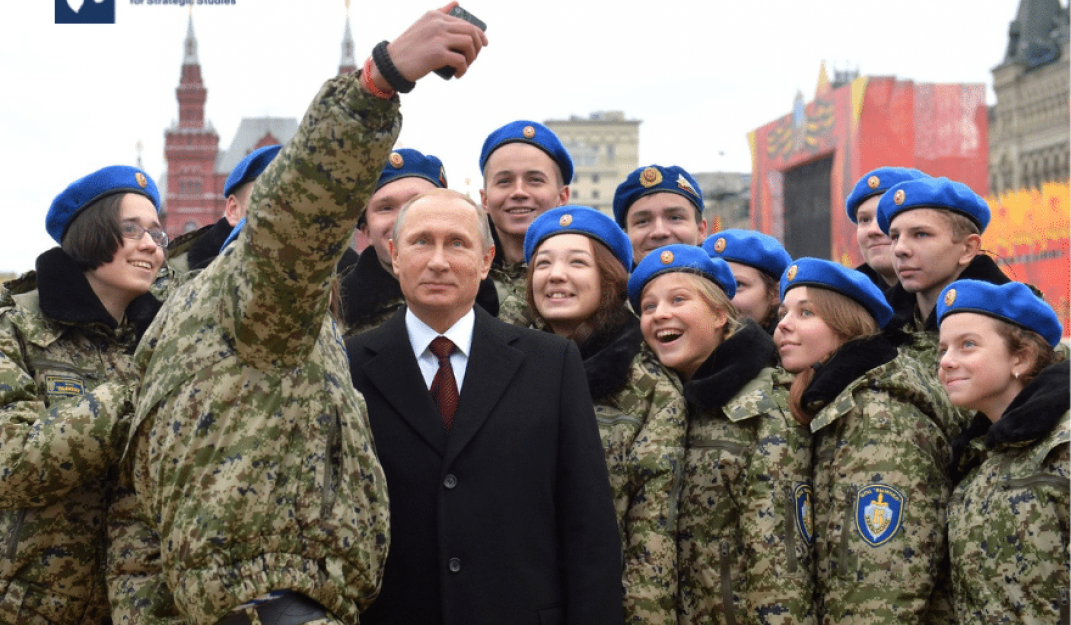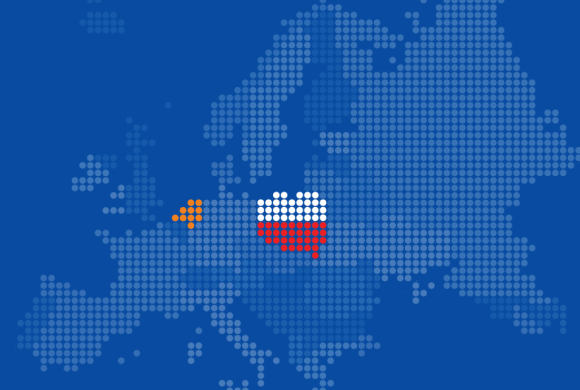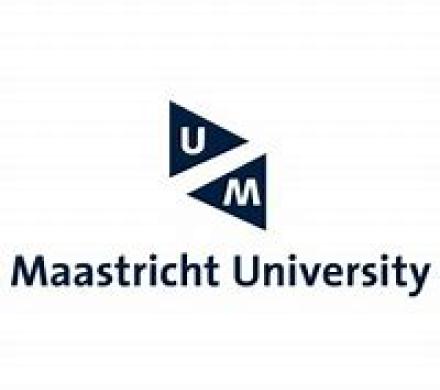Weapons of mass influence: Shaping attitudes, perceptions and behaviours in today’s information warfare

Russia’s invasion of Ukraine has highlighted once again that fighting does not just take place on the physical front lines. Since the early onset of the war, footage of burning enemy tanks, disillusioned Russian soldiers, and a lone heroic fighter pilot defending Kyiv were shared countlessly on social media, bolstering troop morale and mobilising public support. Even if information has always been used to shape adversary thinking and decision-making, rapid advancements in information and communications technologies as well as cognitive psychology have added to their centrality. As a result, state and nonstate actors alike have ramped up efforts to exploit and manipulate the information environment for both tactical and strategic purposes. With such influencing efforts becoming increasingly pervasive, Western military organisations across the Atlantic have begun to shift their attention accordingly.
Read the full report here.

The Hague Centre for Strategic Studies
HCSS conducts research and provides advice on geopolitical and defence & security issues to governments, international institutions and businesses. Our research is characterized by a datadriven, multidisciplinary approach, specialist knowledge and a strategic orientation. We combine broad, conceptual knowledge with qualitative and quantitative methods and present our findings in the form of recommendations, strategic explorations and scenario analyses




